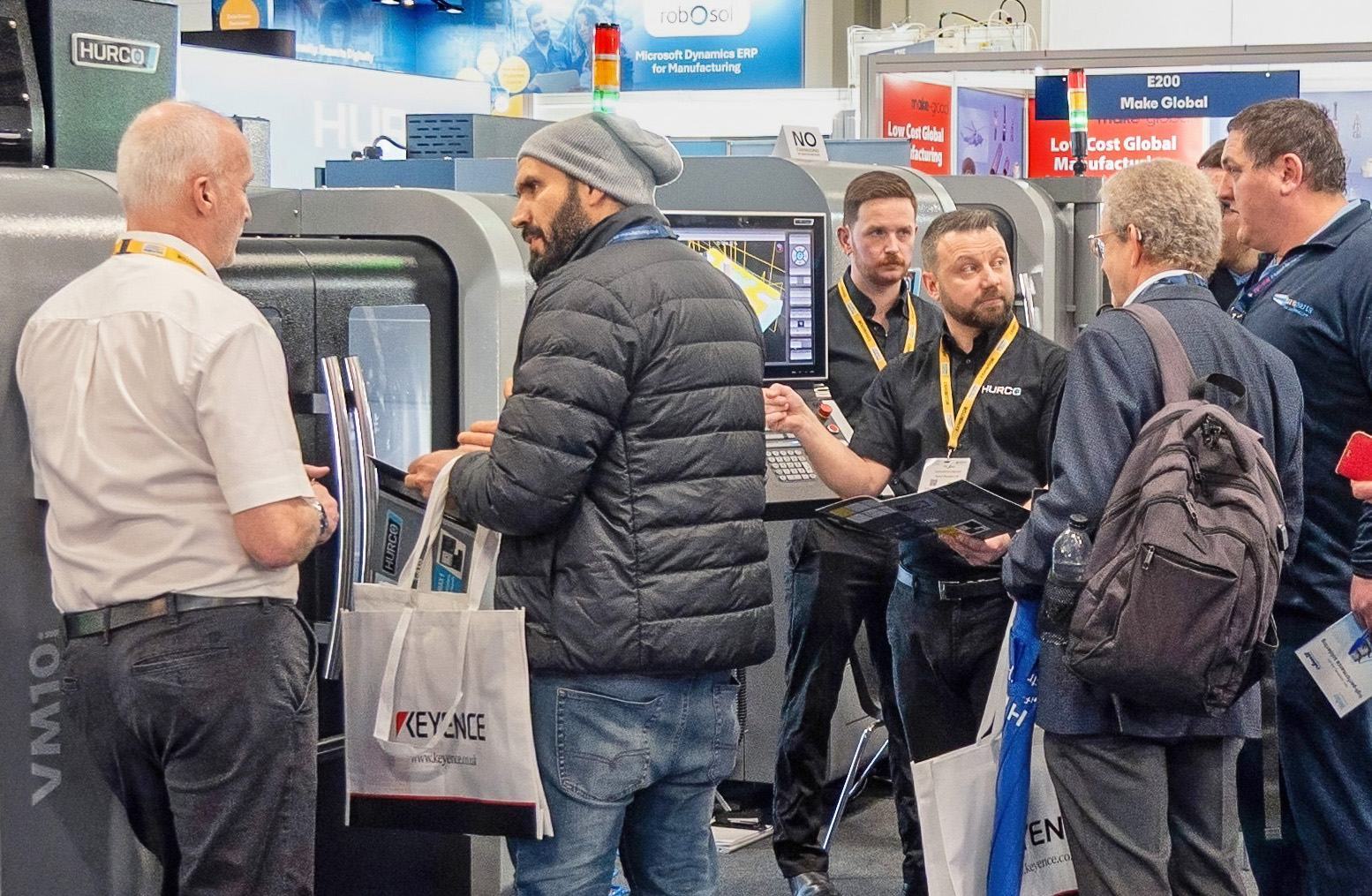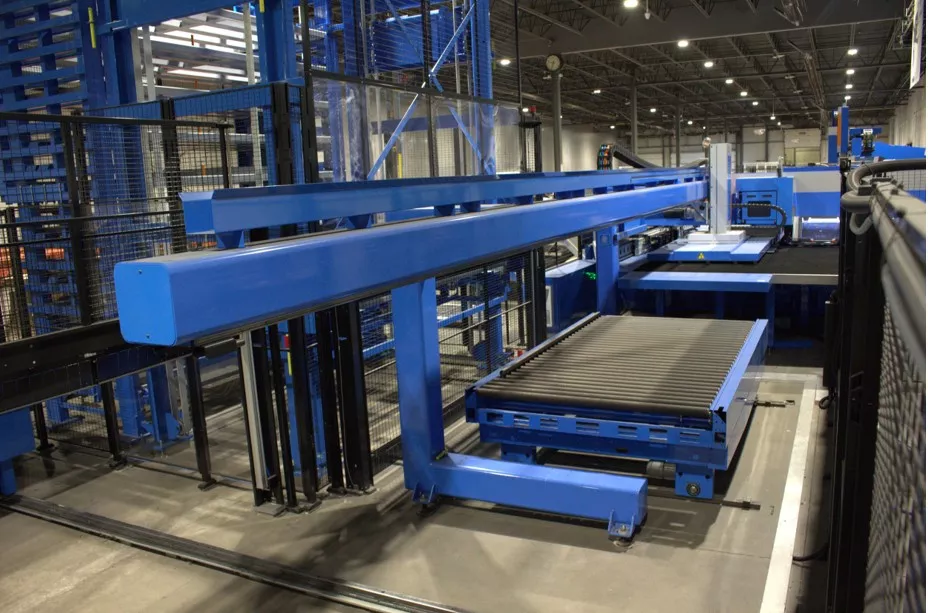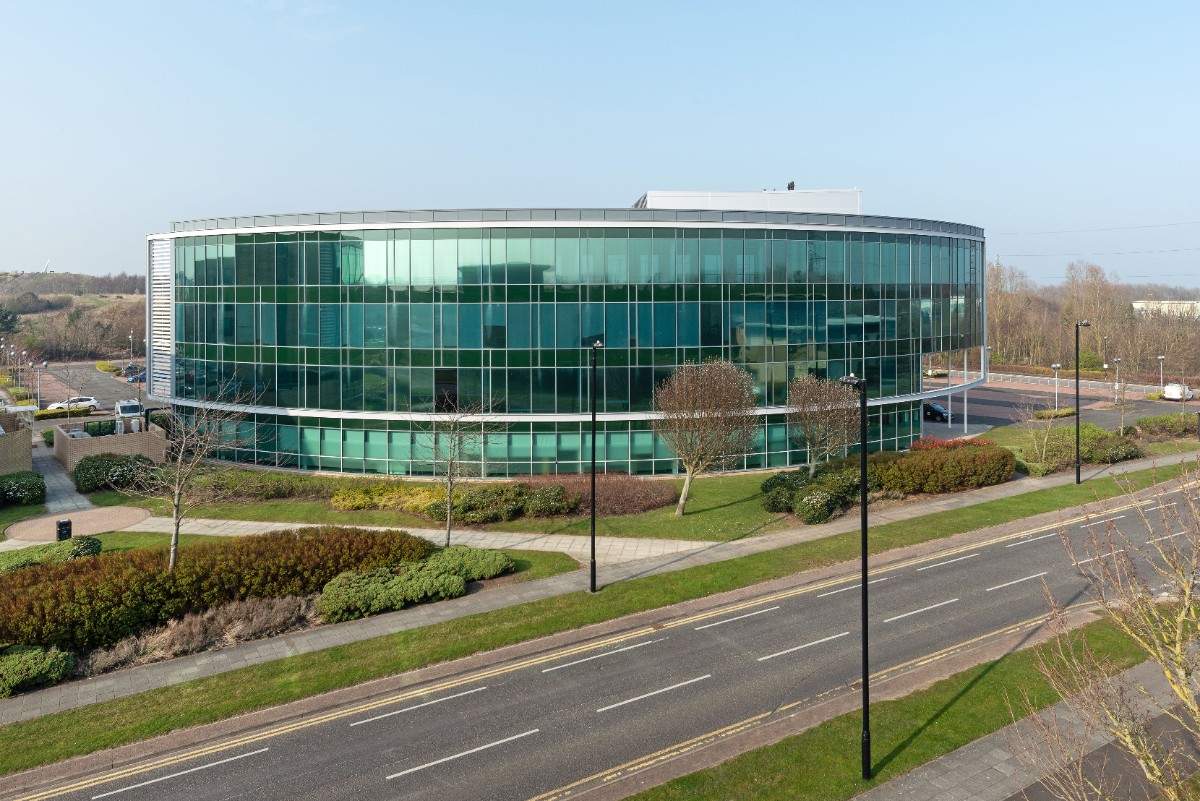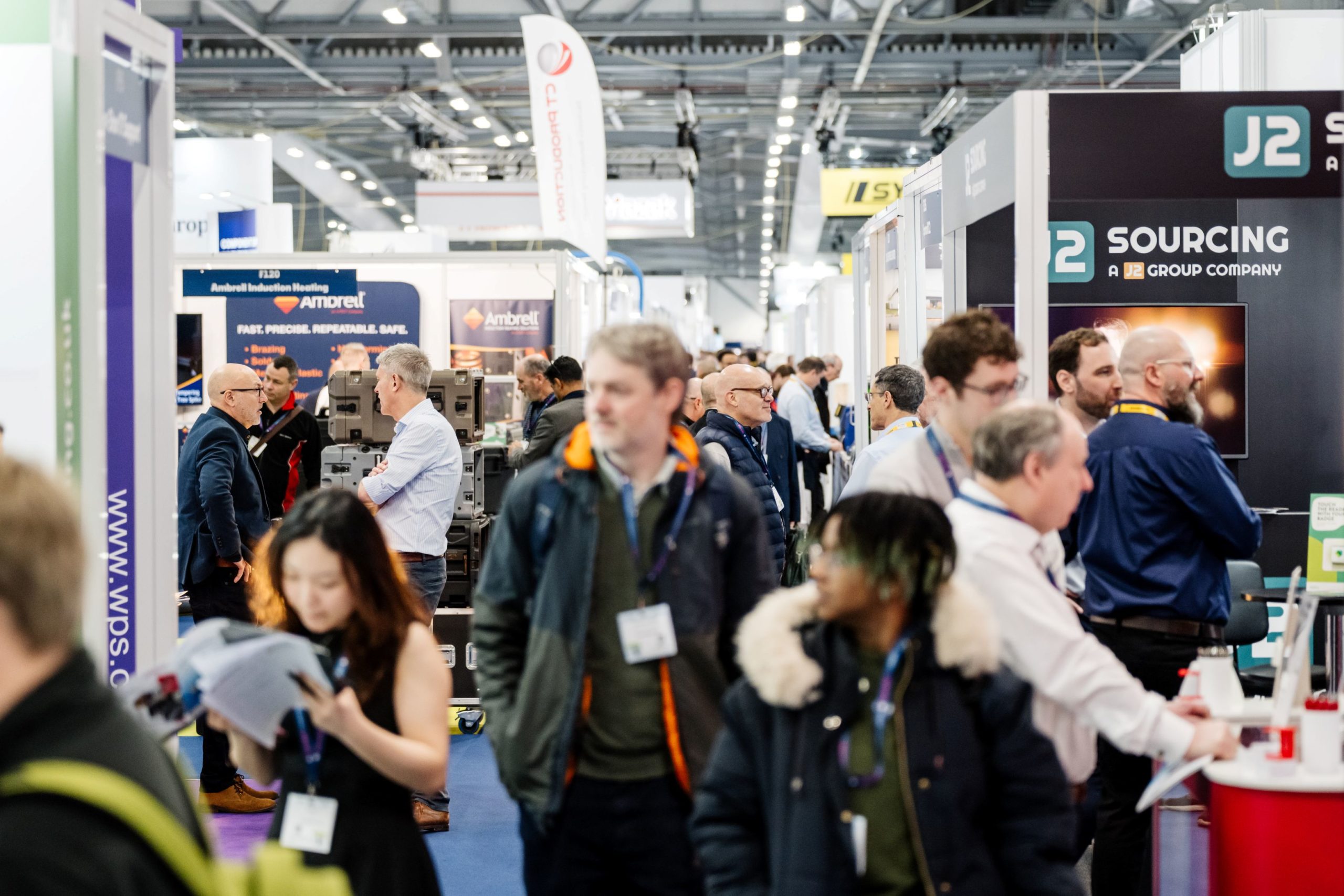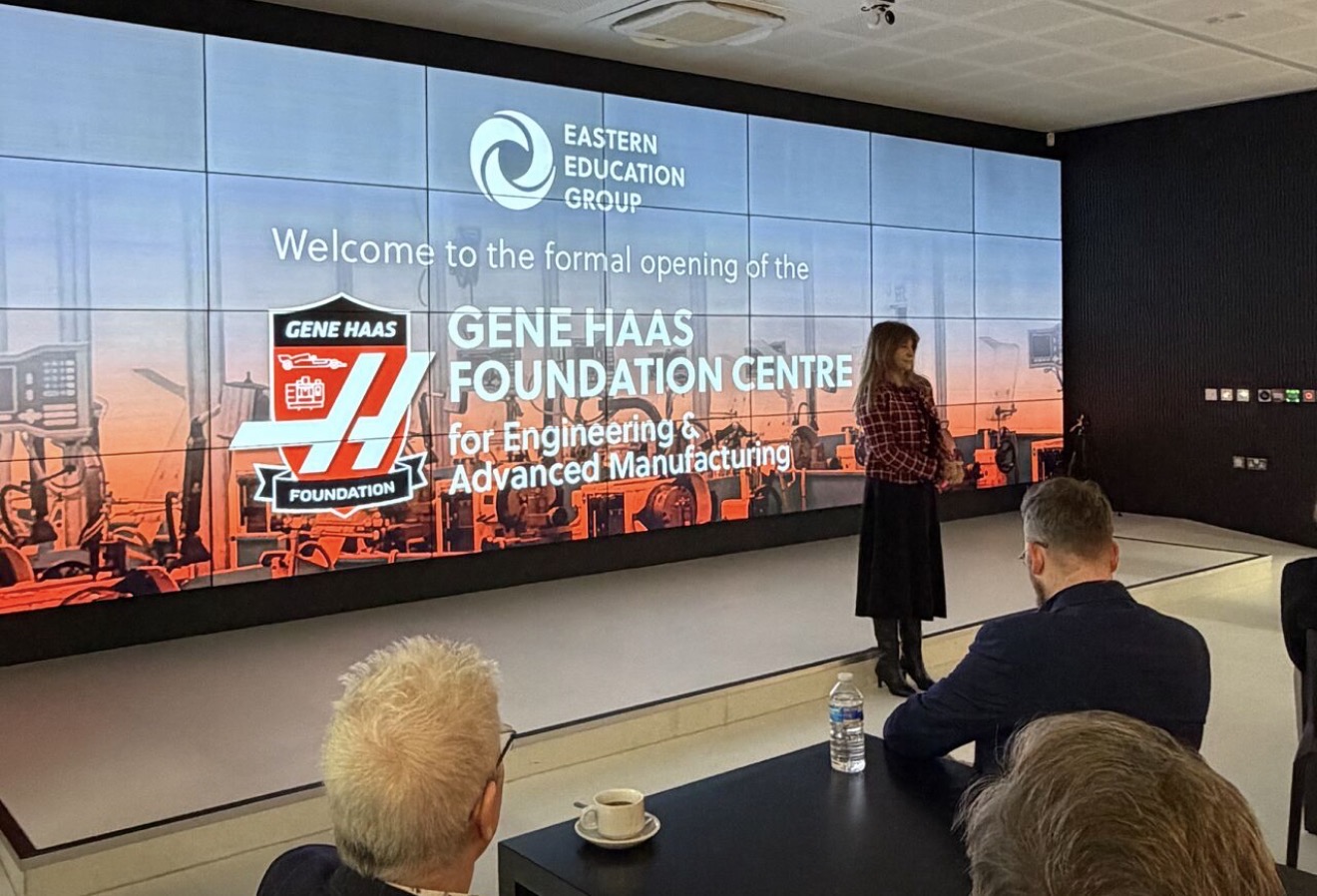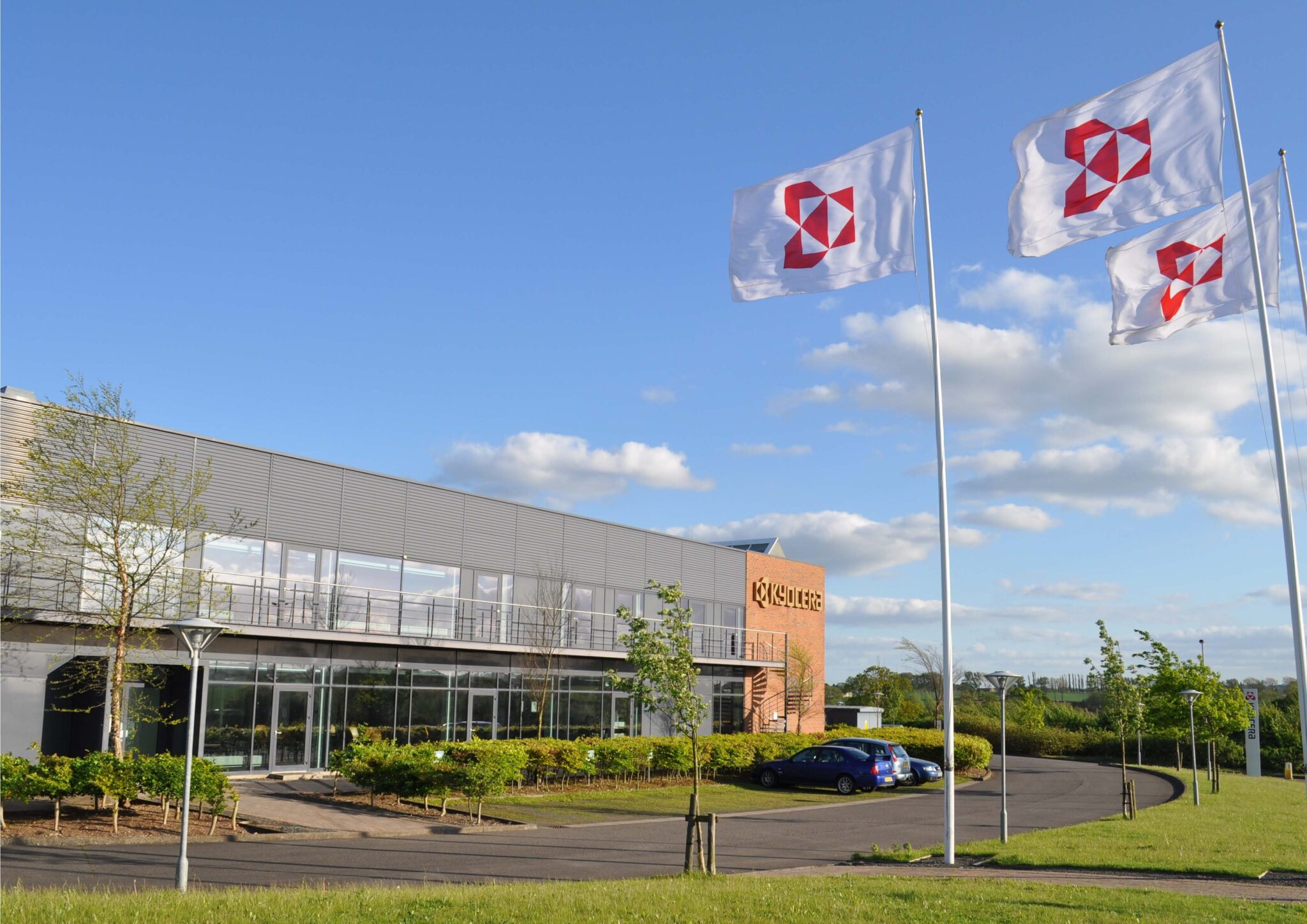Turning challenges into opportunities: What manufacturers should expect in 2023

Dave Atkinson, Head of Manufacturing at Lloyds Bank, on what 2023 may have in store for manufacturers.
It goes without saying that manufacturers faced challenges last year. Many struggled with skills shortages and supply chain issues, on top of broader economic headwinds.
But despite this, manufacturers are starting the new year with positivity. Our latest Business Barometer found that almost two thirds of manufacturers (60%) are confident that they will have greater success in the coming twelve months compared to the past year. What’s more, businesses are optimistic about their profits too, with nearing half (42%) anticipating a higher turnover than 2022.
The hope will be that this clears a path for manufacturers to focus on investing in growth and giving them the cashflow to manoeuvre other hurdles that come their way.
Three things expected on the horizon for the sector are energy prices, cyberthreats and staffing shortages. However, with the right planning and support, businesses will be able to turn each of these into opportunities for growth.
Energy costs and inflation will likely remain at the forefront of manufacturers’ minds next year, especially during the winter months. The new Energy Bills Discount Scheme, set to replace the current Energy Bills Relief Scheme in April, will continue to provide manufacturers with much needed support to manage their energy costs, with more support allocated for those in energy intensive industries. While it’s good to see support in place, some will need to take additional steps to improve their energy consumption.
Investing in sustainability offers an opportunity to alleviate energy bill pressures and can help to boost the bottom line. From small changes such as switching halogen lightbulbs to LEDs, to more significant measures like installing solar panels or investing in more sustainable machinery and equipment, businesses can take steps, large and small, towards improving their energy efficiency. Manufacturers reported that this is a top area for investment for 2023, with more than a quarter (28%) planning to introduce new energy saving measures. Manufacturers looking to improve their environmental credentials can access tailored lending through schemes such as the Clean Growth Finance Initiative (CGFI), which provides discounted funding to help businesses transition to a lower carbon, more sustainable future.
The threat of cyberattacks is another concern for manufacturers. According to the latest Business Barometer, more than a third (36%) of firms say they will be investing in new technology, such as AI, automation and digitalisation to combat cyberthreats over the next six months. To handle these threats, firms need to ensure they’re employing the right talent, as well as upskilling their existing staff. It presents a crucial opportunity for manufacturers to invest in developing new skills, review and improve business processes, and share insights across the sector with partners and supply chains.
Access to talent is a wider challenge for the sector. According to the government, 168,000 new workers will need to enter the manufacturing sector this year to keep up with demand. However, as labour shortages disrupt hiring plans, the right talent, with the right experience, can be hard to find.
We’ll be continuing to support manufacturing firms struggling with skills shortages through our sponsorship of the Midlands-based Advanced Manufacturing Training Centre (AMTC) with £1m per year until 2030.
The AMTC has already trained more than 3,000 engineers, graduates and apprentices during the past eight years of our partnership, developing vital skills around net zero, productivity and safe ways of working among other things. Over the coming year, we hope to see even more trainees at the centre. This will help manufacturing firms manage the current labour shortages and skills gap challenges they are experiencing, as well as providing them with the talent they need to support the implementation of advanced technologies and solutions to drive innovations in cybersecurity and sustainability.
While manufacturers will be faced with some tricky roads to navigate in 2023, those that remain optimistic and look to turn challenges into opportunities for upskilling, driving sustainability and investing in their technology, could thrive.

